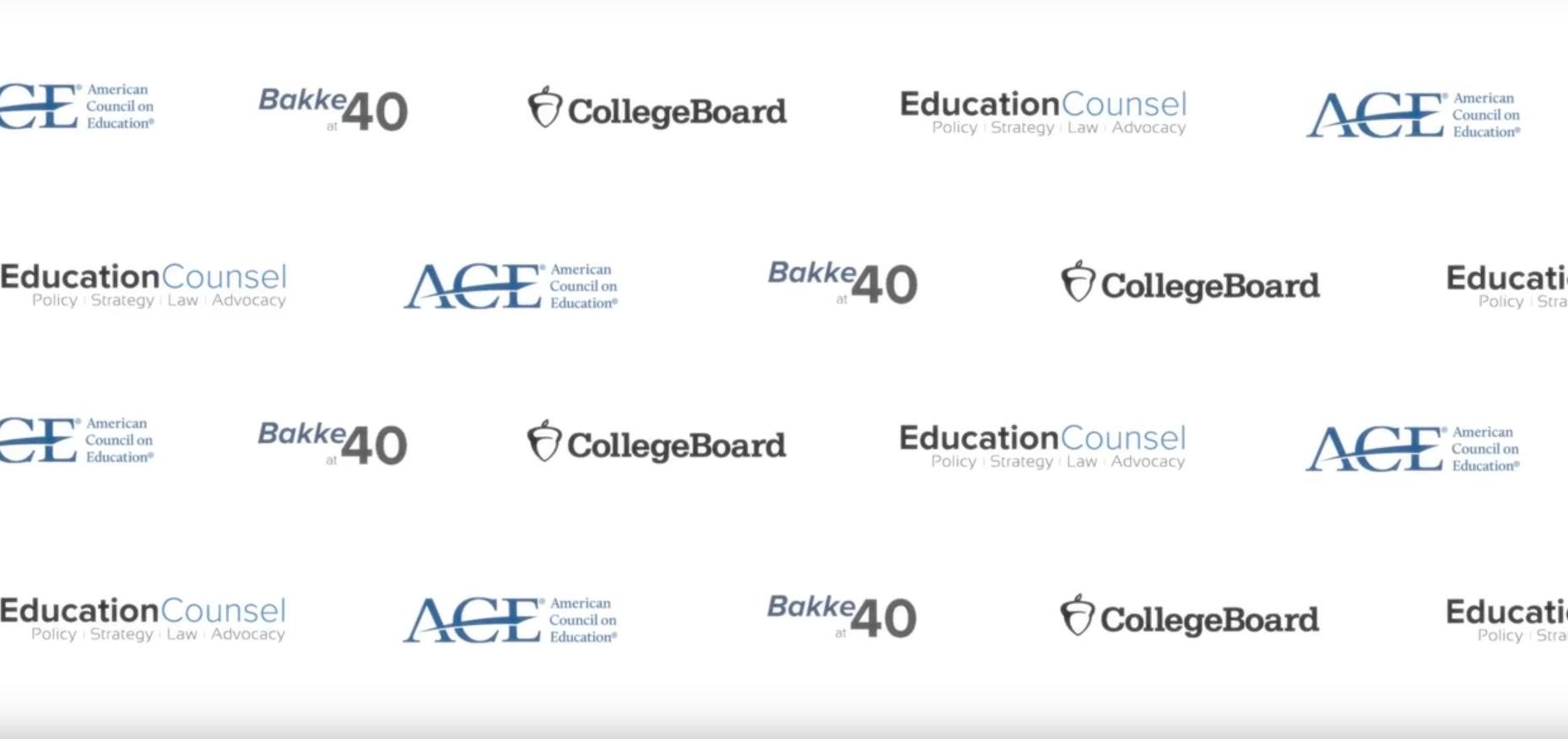Diversity
Bakke and Forth: Access & Diversity Collaborative Commemorate Bakke’s 40th Anniversary and Look Toward the Future of Race-Conscious Admissions
Last week, a group of higher education leaders gathered on Capitol Hill to commemorate the 40th anniversary of the Bakke decision.
Last week, a group of higher education leaders gathered on Capitol Hill to commemorate the 40th anniversary of the Bakke decision. The College Board's Access and Diversity Collaborative (ADC) partnered with the American Council on Education (ACE) and EducationCounsel to celebrate the landmark Supreme Court decision that upheld the use of race as a factor in college admissions.
Keynote speaker Ted Shaw, professor of law and director of the Center for Civil Rights at the University of North Carolina School of Law at Chapel Hill, reflected on Bakke and several other monumental anniversaries. He highlighted last month's 150th anniversary of the 14th amendment and next year's 400th anniversary of the first slaves brought to America, giving deep historical context to contemporary discussions about the Black experience in America.
The fourteenth amendment is the constitutional linchpin of civil rights legislation, addressing citizenship, rights, and equal protection under the law. It’s what famous abolitionist Frederick Douglas believed would “give full freedom to every person without regard to race or color in the United States”. Despite its promise, Shaw noted that the 14th amendment was continuously betrayed throughout the Jim Crow era. Shaw cited Brown v. Board of Education as a true turning point, affirming access to education as a foundational civil rights issue.
Studies show that diversity adds value to the college experience, but that message is often drowned out in the debate over access and admissions, many participants said. Throughout the day, campus leaders and admissions officers talked about ways to show the benefits of diverse enrollment for all students.
Lorelle Espinosa, assistant vice president of ACE's Center for Policy Research and Strategy, discussed the importance of equity-minded leadership on college campuses, which she defined as "leadership that moves beyond the numbers and requires proactively developing disciplined processes to clarify, communicate, and enact values of equity, diversity and inclusion in policy and practice". The panels and activities that followed provided thoughtful, provocative opportunities for thought-partnership, best practice sharing, and strategic planning.
With the Trump administration ending Obama-era policies promoting diversity in education and the retirement of Supreme Court Justice Anthony Kennedy, there are concerns about the future of race-conscious admissions in higher education.
While acknowledging the real challenges ahead, the leaders spoke with confidence about the long-term future of educational equity. Shaw closed his keynote with an ode to the power of hope.
"I believe in hope. I believe that hope is not something that comes to us serendipitously. I believe it’s a choice," said Shaw. "Even in the face of all the reasons there may be to despair, we have to hold onto hope as a choice because think about the alternative."
While there is no specific roadmap to achieving diversity and inclusion, I believe we left the convening with early-stage ideas and a renewed vigor in the mission to achieve diversity and inclusion in American higher education.
